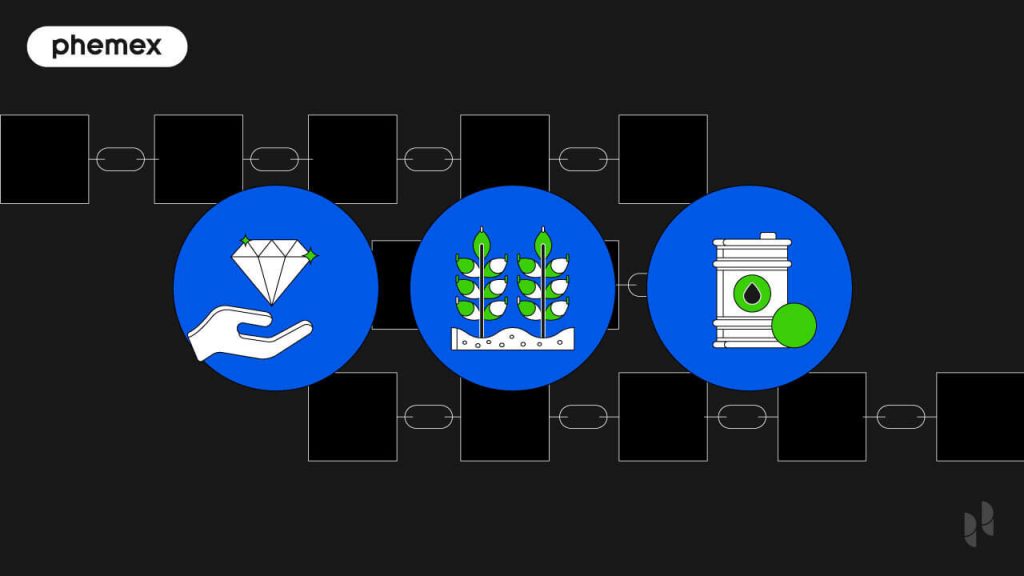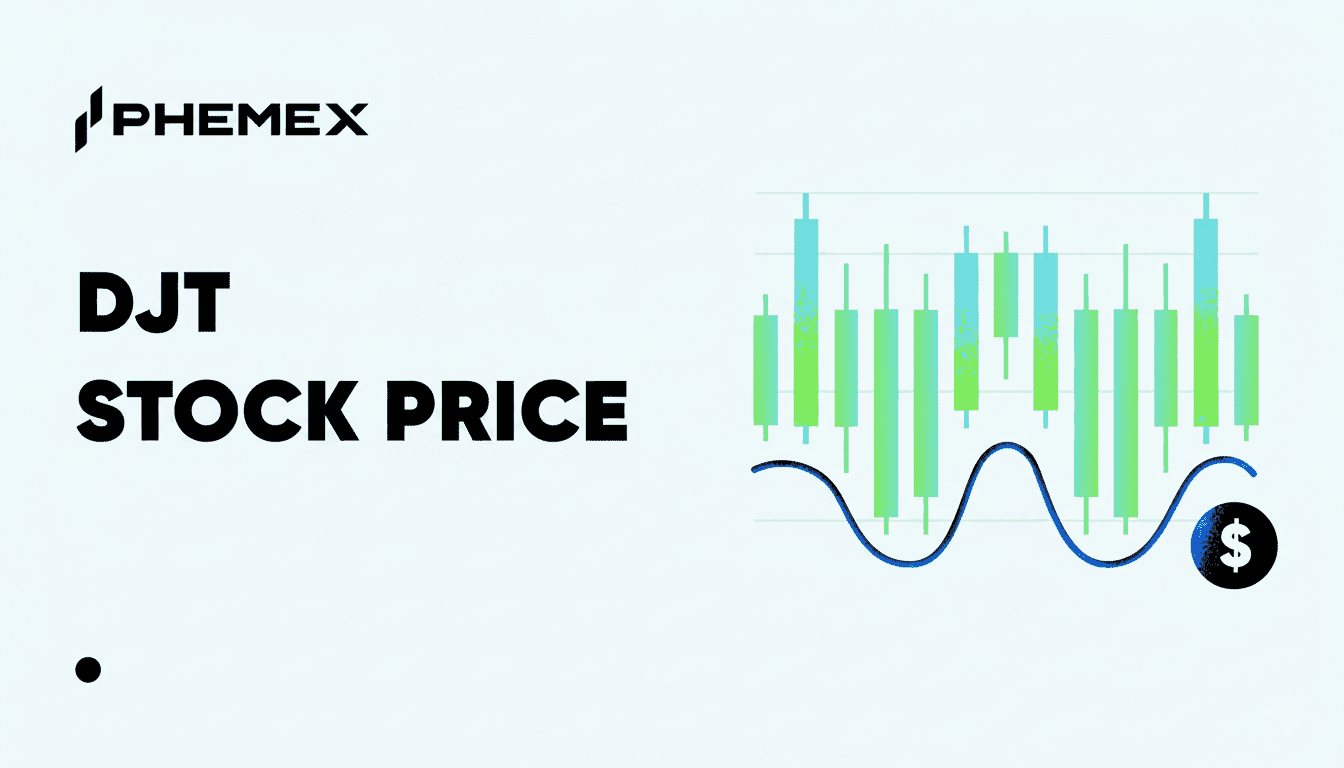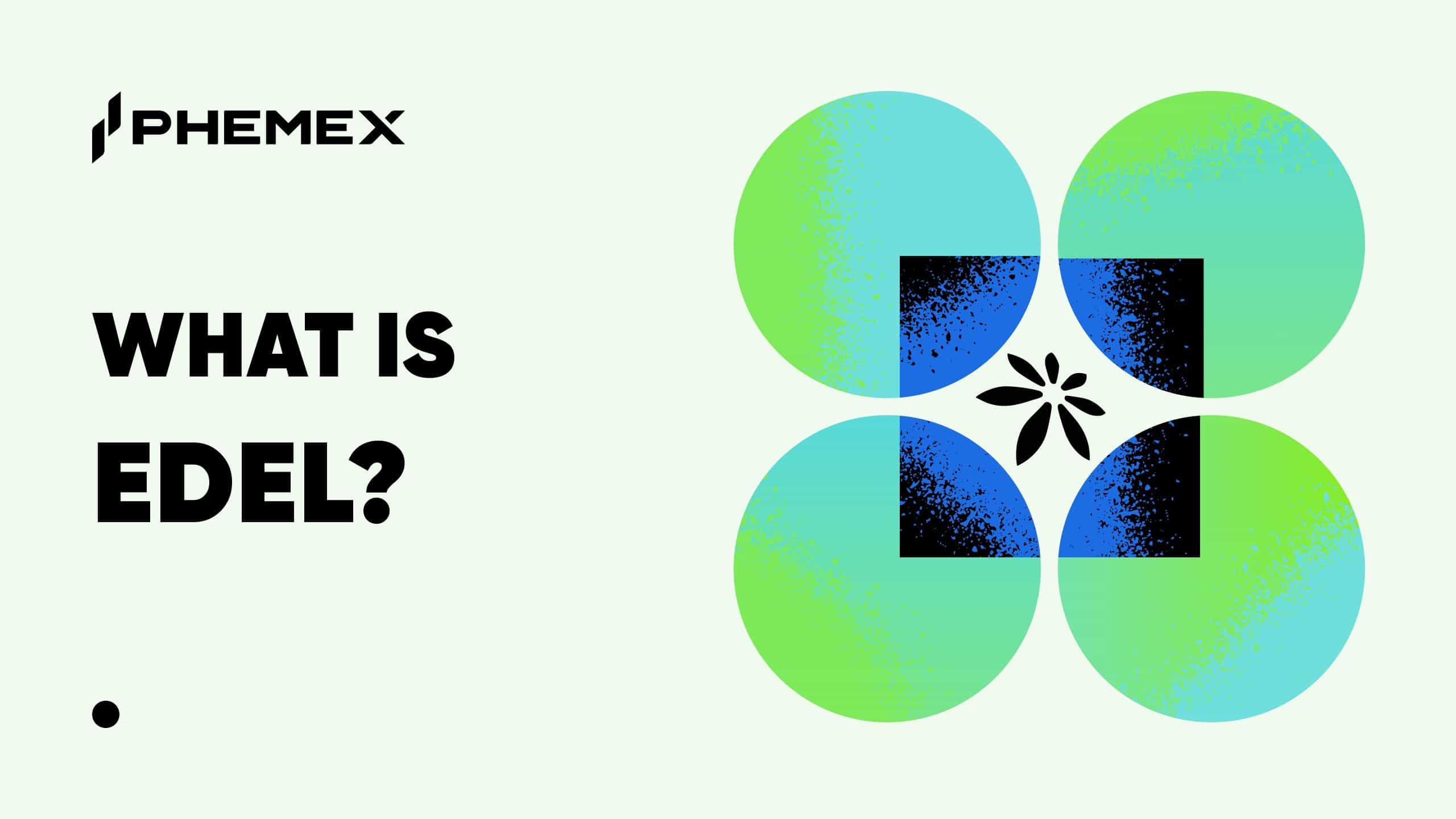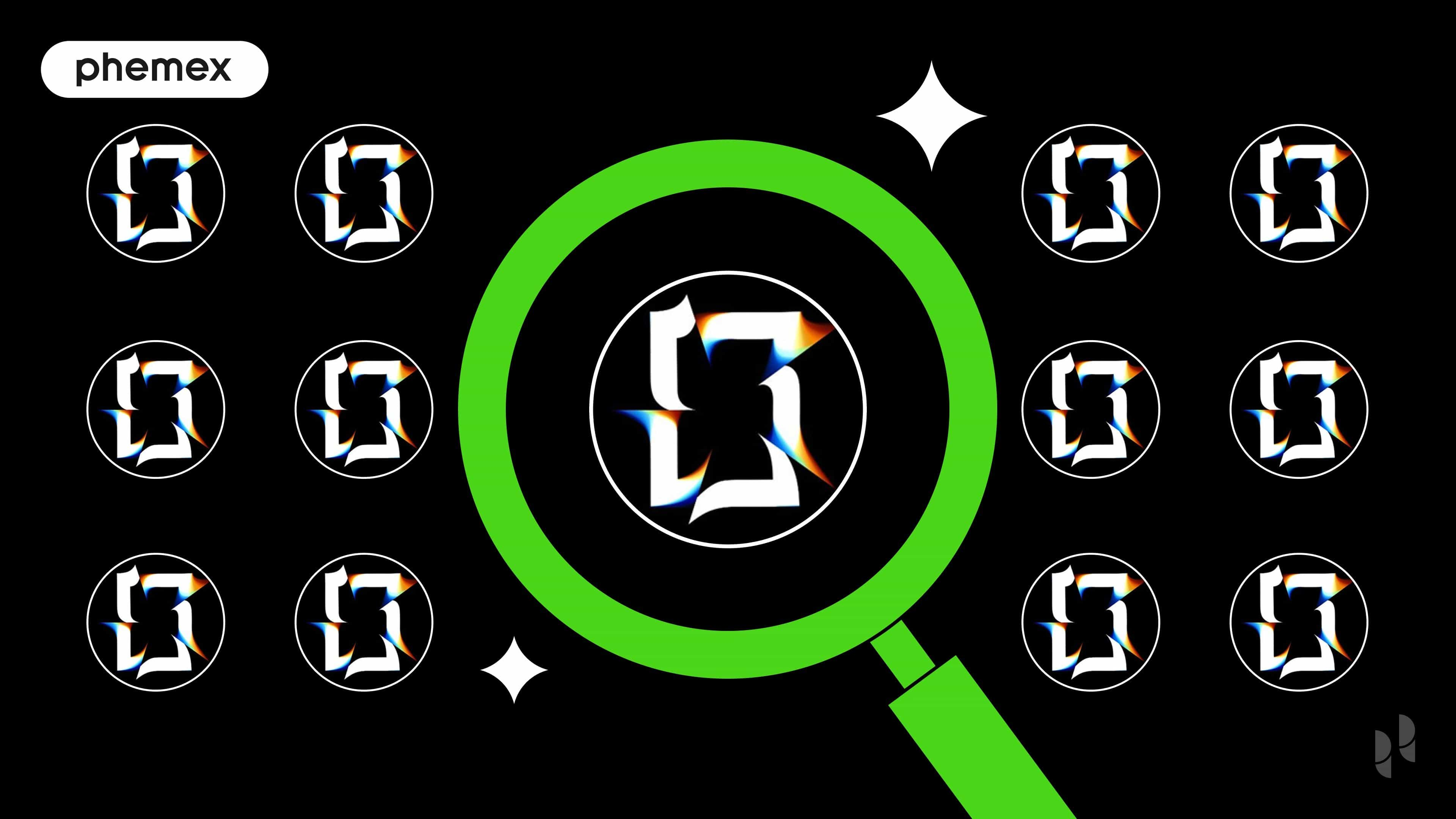Commodities represent a popular financial product class in modern financial markets. They have been traded for a variety of reasons, from avoiding market volatility by buying gold to increasing potential returns with risky commodity futures contracts.
Cryptocurrencies, including Bitcoin, are now a part of the commodity family as most governments classify them as “digital commodities.” Commodity trading is typically considered a relatively higher risk activity, at least compared to stock market trading. However, the higher risk also points to the higher potential rewards.

What Are Commodities?
Commodities are a class of assets that include raw materials and primary products. Examples of commodities are gold, oil, wheat, or livestock. Commodities are one of the most popular asset classes traded in financial markets.
Commodity markets are normally highly liquid and often volatile. Most commodities are considered higher-risk assets compared to stocks and bonds. However, there is one type of commodity that has traditionally been viewed as low-risk – precious metals.
The most well-known precious metal is gold. Other precious metals include silver and platinum. Precious metals are often bought during times of market instability or decline. It is believed that they retain their value better than stocks and other assets during bear markets.
Traditionally, commodities have been classified into four main groups:
- Metals
- Energy
- Agriculture
- Livestock
Security vs Commodity: What’s the Difference?
Similar to securities, commodities are traded on financial markets. However, securities and commodities are considered different asset types.
Securities are financial instruments used by companies and governments to raise capital. The most common types of securities are stocks and bonds. The former give you a part-ownership in a company, while the latter represent a form of lending capital to the provider of the bond product. In both cases, the security provider raises capital through selling it on the market.
Unlike securities, commodities, whether in raw form or represented by marketable financial products, are directly traded goods.

Is Crypto a Commodity or Security?
US law does not define cryptocurrency as a security. Instead, crypto is considered a type of commodity. Cryptocurrencies are very loosely regulated, and their ownership does not necessarily entitle you to a share of earnings or part-ownership on the crypto platform that markets the coin.
In many cases, cryptocurrencies are simply utility assets that enable transactions on a platform. Even governance tokens do not represent any kind of part-ownership of the platform in the traditional finance sense.
For the reasons above, the US government has been unequivocal in rejecting crypto as a form of security. Governments in other countries have taken a similar stance on this matter.
Is Bitcoin a Commodity?
Some people assume that cryptocurrency belongs to the same asset class as cash or cash equivalents. However, cryptocurrency is not legally recognized as a form of legal tender in the US or other advanced economies. As such, it is not classified as a currency, cash, or a cash equivalent product in most countries.
Instead, the US government normally classifies Bitcoin and other cryptos as “digital commodities.” Cryptocurrency may be considered an additional, new commodity group, along with the four traditional commodity groups listed in the previous section.
For example, Bitcoin futures are subject to the same regulation and oversight as commodity futures in general. Regulation for both is the responsibility of the US Commodity Futures Trading Commission (CFTC).
Why Trade Commodities?
There are three main reasons to trade commodities:
- Lowering the risk during times of market declines by investing in the commodities known as precious metals.
- Increasing potential returns with commodities, including crypto, that are characterized by higher-risk/higher-return properties.
- Portfolio diversification.
1. Weathering bear markets with gold and other precious metals
Gold had gained a reputation as a safe asset that never loses its value in times of market trouble, wars, supply route disruptions, and other adverse events. Today, gold, along with other precious metals such as silver and platinum, is used extensively as a low-risk, safe investment product.
Traders invest in precious metals typically during bear markets, or when expecting a market crash or other adverse economic conditions.

2. Potential for higher returns
Unlike precious metals, other commodities are normally viewed as relatively volatile, higher-risk assets. Cryptos are considered even higher-risk than most other commodities. The higher risks also offer higher potential return opportunities.
Therefore, non-precious metal commodities, including cryptocurrencies, are a suitable product for traders who prefer high-risk/high-return trading strategies.
For example, over the last year, crude oil, a popular but highly volatile commodity, has delivered an impressive 81% return on investment (ROI), while Bitcoin’s ROI has been an even more impressive 221%. In contrast, the S&P500, a leading index of the stock market, has registered a considerably lower 32% yearly ROI.
| S&P500 | Crude Oil | Bitcoin | |
|---|---|---|---|
| Price on Nov 20, 2020 | 3558 | 42 | 18621 |
| Price on Nov 20, 2021 | 4698 | 76 | 59697 |
| Yearly ROI | 32% | 81% | 221% |
3. Portfolio diversification
The third reason to trade in commodities is portfolio diversification. Commodities are known to have low or negative correlations with stocks. Although most commodities are relatively high-risk products, diversifying your portfolio with them may help reduce the overall investment risk.
For instance, in the first nine months of 2021, Bitcoin’s correlation with the S&P500 was just -0.06. This value indicates an absence of virtually any correlation. Bitcoin’s correlation with other popular stock market indicators, such as the Dow Jones and Nasdaq Composite, has also been minimal over the same time frame.
These figures indicate that although Bitcoin is considered a high-risk, volatile crypto commodity, it may be a great candidate to diversify portfolios heavily reliant on the stock market.
Many retail investors indeed have an over-reliance on stocks in their portfolios. By using Bitcoin, they could hedge against the risk of a stock market decline.
How to Trade Commodities?
You can trade commodities by directly buying them or, alternatively, investing in commodity stocks and mutual funds that concentrate on commodity products.
The most common way to trade commodities directly is using commodity futures. Futures are financial products that represent agreements to buy a certain product or asset at a specific time in the future for a specific price. In the US, futures trading is regulated by the Commodity Futures Trading Commission (CFTC).
Futures are considered a high-risk product, and it is best to have some level of experience in futures trading before attempting larger trades with them.
In addition to the traditional commodity futures, there are many products on the market offering Bitcoin futures. Bitcoin futures are usually offered by cryptocurrency derivative exchanges as well as the Chicago Mercantile Exchange (CME).

Where to Trade Commodities?
Commodities are typically traded on a number of exchanges specializing in commodity trading. The commonly used exchanges include:
- Chicago Mercantile Exchange (CME)
- New York Mercantile Exchange (NYMEX)
- The Intercontinental Exchange (ICE), located in Atlanta, Georgia, US
- London Metal Exchange (LME)
How Do I Start Commidity Trading?
To become a successful commodity trader, it is imperative to first thoroughly research the commodities and exchanges you are interested in.
The main exchanges listed in the previous section may have different specializations and, therefore, may not have the commodities you are interested in. For example, the London Metal Exchange, as its name suggests, specializes only in metal commodities.
After selecting your exchange, choose a brokerage that offers commodity trading on it and open an account. The key factor to look for is what commodities and commodity-based derivative product options this broker supports. It is important to select a broker who will give you the maximum choice and freedom to carry out your commodity trading strategy.
Another important point to look for is the brokerage fee. It might vary from as low as 2% and as high 10%, or even more.
When you have your trading setup ready, start with smaller traders, particularly if you are not an experienced commodity trader. Remember that commodity markets may have totally different dynamics from the stock market.
How Does Blockchain Support Commodity Trading?
Bitcoin and other crypto futures are only one part of how blockchain technology and commodity trading are associated with each other. Blockchain has great potential to make commodity trading more efficient in general.
When commodities are traded as actual physical products rather than futures or other financial products, there are some very complex supply chains in action. Actual commodity trading is currently a complex, at times bureaucratic, process involving a lot of participants and a great deal of documentation.
There are also issues of trust and verification, as consignments need to be checked at the intermediate and final delivery destinations. This complexity means that most commodity trading operations are slow and resource-intensive.
Blockchain technology can greatly reduce this complexity by providing a unified source of information along the entire supply chain. This can benefit commodity sellers and buyers, governments, logistics operators, and all the other parties involved in the complex process of delivering commodities from the origin to the final destination.
What Are the Examples of Blockchains for Commodity Trading?
As blockchain technology started to gain wider appreciation around the middle of the last decade, many commodity trading companies realized its benefits for optimizing their supply chains. In the last several years, a number of blockchains and blockchain-based solutions with a focus on commodity trading have been launched.
One of these is the VAKT blockchain, a consortium blockchain specializing in optimizing the post-trade commodity trading processes. These mainly include functions such as contractual matters, logistics, invoice management, and payment settlement.
VAKT is supported by a powerful investor consortium that includes corporate giants such as British Petroleum (BP), Shell, Chevron, ABN AMRO, and ING, among others.

Another example of a blockchain for commodity trading is Covantis, also a consortium platform, which is used to optimize supply chain operations between agricultural commodity traders.
Covantis’ network includes close to 20 participating agricultural companies, including some of the largest agriculture traders in the world, such as ADM, Bunge, and Cargill.
Most of the blockchains used for commodity trading are protected consortium networks, similar to VAKT and Convantis, that leverage blockchain’s overall security and transparency to their advantage.
Conclusion
Commodities have always been an attractive financial product for a variety of reasons. Traders buy precious metals, gold, silver, and platinum, to weather declines in bear markets. The risky nature of other commodities attracts traders who love chasing high returns.
Some traders also diversify their portfolios with commodities to avoid over-reliance on the stock market.
Most governments now recognize Bitcoin and other cryptocurrencies as commodities. Crypto has become a new, modern group of commodities, along with metals, energy, agriculture, and livestock.
Commodity trading in financial markets is commonly carried out via futures contracts. These are financial products that specify a future date and price for a commodity transaction. In addition to the traditional commodity futures, Bitcoin futures are also a widely used product by now.
When considering futures, whether based on traditional commodities, Bitcoin, or other crypto, it is important to take into account their relatively risky nature. Futures trading in significant volumes is only recommended if you have gained solid experience in and exposure to the markets and assets involving the futures contract.
In addition to futures and other commodity-based financial products, the actual trading in physical commodities is an area where blockchain technology offers a lot of promise.
Commodity trading involves very sophisticated supply chains with many participants. Blockchains can help reduce the complexity of these supply chains by providing secure, verified access to common transactions along the chain.
Many industry groups and consortia are already implementing blockchain solutions to improve the normally slow and resource-intensive commodity trading process. Some examples of these blockchains include VAKT and Covantis, consortium platforms supported by leading commodity companies.
Read More
- What is Cryptocurrency & How It Differs From Digital Cash
- What is Blockchain Technology: The Biggest Misconception About It
- Blockchain Supply Chain Solutions: How to Implement Blockchain in Supply Chain?
- Why Does Bitcoin Have Value?
- How To Trade Crypto: The Ultimate Investing Guide
- Blockchain in Trade Finance: Opportunities, Uses, and Obstacles
- How To Do Crypto Research: The Best Ways to Get Started
- How to Trade Bitcoin Safely: Trustworthy Bitcoin Trading








